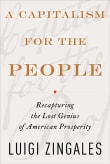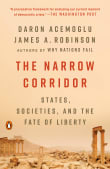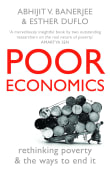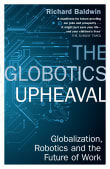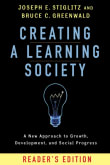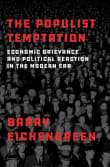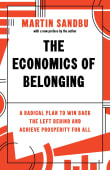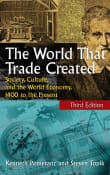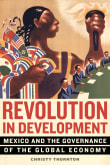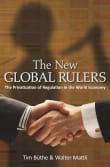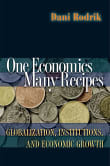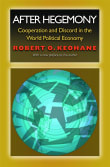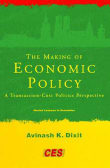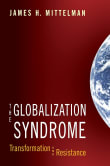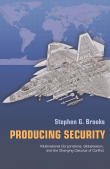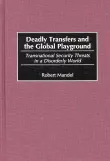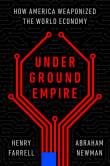The Globalization Paradox
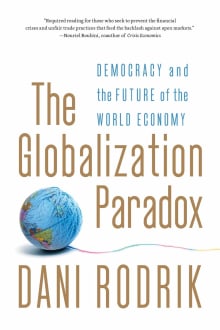
Book description
In this eloquent challenge to the reigning wisdom on globalization, Dani Rodrik reminds us of the importance of the nation-state, arguing forcefully that when the social arrangements of democracies inevitably clash with the international demands of globalization, national priorities should take precedence. Combining history with insight, humor with good-natured critique,…
Why read it?
2 authors picked The Globalization Paradox as one of their favorite books. Why do they recommend it?

This is one of the most influential books on economic globalization written in the last decade, and it will certainly continue to be crucial to understand the future of globalization.
Rodrik’s Globalization Paradox pinpoints the key policy trade-offs in a globalized economy: If policymakers opt for “hyper-globalization” while insisting on national decision-making, they could find their societies in the “golden straitjacket” of global capitalism.
Alternatively, they could give up sovereignty to democratically legitimized “global governance”.
As the latter is difficult to achieve and often unacceptable to national policymakers, Rodrik argues for limiting hyper-globalization.
The existence of a globalization paradox as…
From Harald's list on how to make globalization work for all people.

Those who advocate most strongly for open borders and free trade – typically economists –focus their arguments on economic growth. Rodrik demonstrates that in opening borders something is lost, however, beyond the typical costs born by laid off manufacturing workers. Free trade can only be achieved with corollary changes in governance: to achieve truly open borders for goods, services, and capital, either democratic responsiveness or national self-determination will be casualties. Rodrik’s case for “you can’t have it all” is compelling.
From Pietra's list on economics and globalization.
If you love The Globalization Paradox...
Want books like The Globalization Paradox?
Our community of 12,000+ authors has personally recommended 100 books like The Globalization Paradox.

